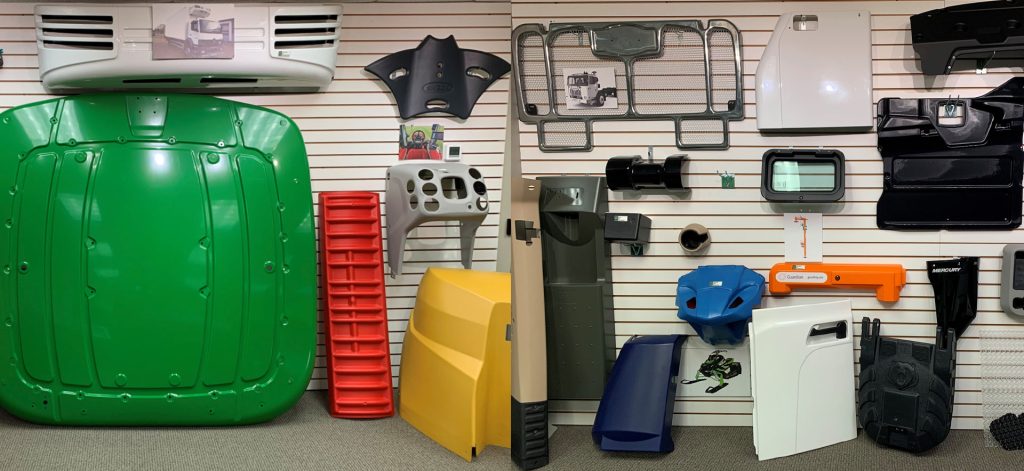Custom plastic production plays a crucial position in a wide selection of industries, offering designed options to meet specific needs. In this short article, we explore into the entire world of custom plastic production, from the first design stage to the ultimate item delivery.
The Style Period:
Customer Cooperation: Custom plastic manufacturing usually starts with a relationship between the maker and the client. The client communicates their particular requirements, including sizes, material choices, and intended use.
Product Choice: Selecting the most appropriate plastic material is crucial. Suppliers manual clients in selecting components based on factors such as for example longevity, temperature weight, and chemical compatibility.
Computer-Aided Design (CAD): Design designers use CAD software to create accurate 3D models of the custom plastic part or product. This allows for thorough evaluation and adjustments before production.
Prototyping and Testing:
Rapid Prototyping: A model is usually created to validate the design’s functionality and aesthetics. Quick prototyping practices like 3D making enable rapid iterations and adjustments.
Material Testing: Prototypes undergo material screening to ensure they match given efficiency requirements, such as for example load-bearing capacity and durability.

Client Agreement: Customers evaluation and agree the model, plastic thermoforming companies feedback for final adjustments.
Production and Production:
Tooling and Molding: When the look is completed, suppliers build conforms and tooling necessary for production. Different practices like treatment molding, extrusion, and thermoforming are employed.
Quality Get a grip on: Rigorous quality get a grip on steps are applied during generation to ensure precision, reliability, and submission with specifications.
Modification: Custom plastic manufacturing permits special characteristics, colors, and personalisation elements to be integrated in to the last product.
Construction and Presentation:
Construction: If the custom plastic solution consists of numerous parts, assembly functions are moved out meticulously, frequently involving automatic machinery.
Packaging: Finished items are cautiously packaged to guard them during transport and storage.
Distribution and Post-Sales Help:
Regular Distribution: Producers guarantee on-time supply to meet up customer demands and manufacturing schedules.
Client Support: Post-sales help, including guarantee and maintenance solutions, is presented to maintain the endurance and efficiency of custom plastic products.
Conclusion:
Custom plastic production is a vibrant process that requires collaboration, precision engineering, and quality control. Whether it’s making parts for the automotive market or producing delicate medical devices, the customization of plastic materials presents countless opportunities for innovation.
